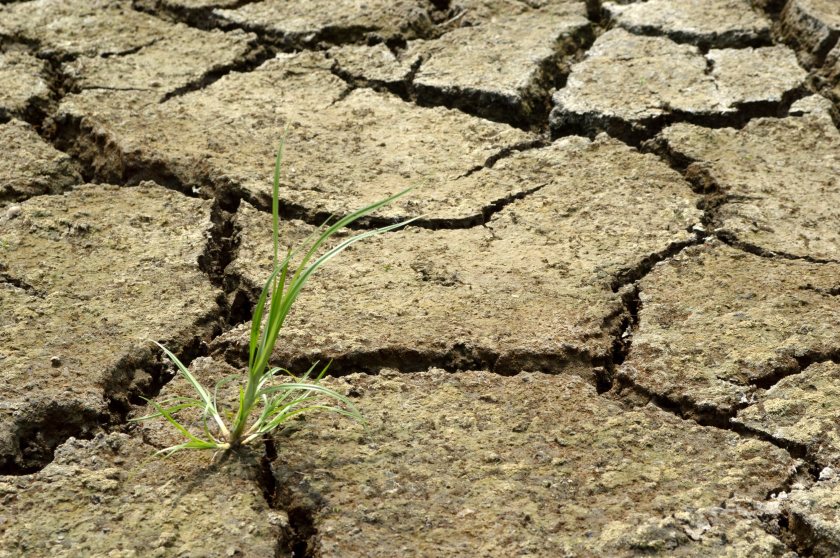Farmers told to 'plan now' to preserve water supply amid drought fears

Experts have urged farmers and growers to focus on preserving water now to get ahead of future dry spells, after the UK experienced contrasting weather bouts over the past couple of months.
At the most recent meeting of the National Drought Group (NDG), experts highlighted the importance of not relying on the weather alone to keep drought at bay.
The NDG - made up of senior decision-makers from the Environment Agency, government and key farming groups - said it was preparing for the worst case scenario of another hot, dry spell this summer.
The driest February in 30 years was recorded across the UK, followed by the wettest March in 40 years.
Whilst much of England is in a better position than last year, two Environment Agency areas remain in drought - East Anglia and Cornwall.
South West Water will also introduce an additional temporary use ban on hosepipes in the Roadford area in Devon from today (25 April).
The group looked at what actions could be taken with the farming sector to improve drought resilience, secure future water availability and support food security.
It follows the government recently unveiling its Plan for Water, including a further £10 million through the Water Management Grant to fund on-farm reservoirs.
At yesterday's meeting, NDG members heard that the Environment Agency would extend its use of technology, such as eAlerts, to share abstraction notices with farmers more quickly.
This technology is currently used by six Environment Agency operational areas and will be rolled out across the country.
Meanwhile, satellite data will be used to assess the moisture content of crops and soil, which can be compared with any irrigation restrictions in the area.
This may indicate whether or not abstractors are working within their licence conditions and assist the Environment Agency with compliance checks.
NDG chair John Leyland, who is also Environment Agency's executive director, said: “A dry February followed by an particularly wet March has highlighted that we cannot rely on the weather alone to preserve our most precious resource ahead of summer.
“This is why the Environment Agency, water companies and our partners continue to take action to ensure water resources are in the best possible position both for the summer and for future droughts."
The NDG also discussed how water companies must reduce leakage, decrease water consumption and find new ways of being resilient to drought.
The government's water minister, Rebecca Pow said the recent rainfall came as a relief to many people, but there should be caution with the improving drought situation.
She said: "We expect water companies to step up their own efforts to adapt to changing weather patterns and tackle leakage, to better deliver for customers.”








